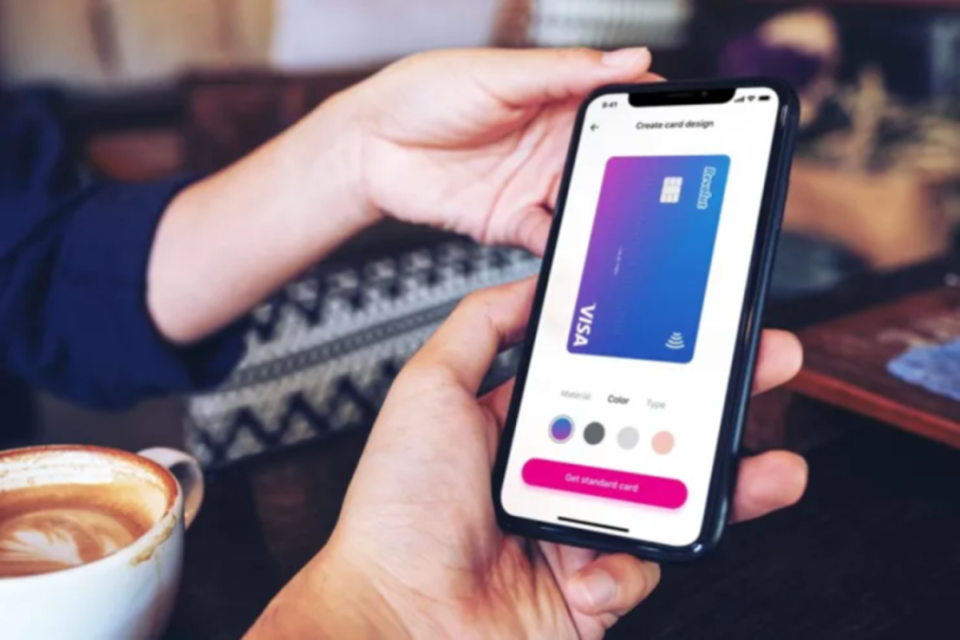CashNews.co

Revolut is among three new firms signing up to the banking industry’s answer to 999 after it emerged that it had outstripped all the UK’s major banks in official fraud complaints.
The London-based banking app is to join the 159 hotline created by Stop Scams UK, an industry body backed by the Financial Conduct Authority and Ofcom.
It will become 159’s 20th member once it has finished onboarding in the coming weeks.
Ringing the 159 number puts callers directly through to staff at their banking provider, who can give advice to help work out whether they are being targeted by scammers.
The scheme went live in September 2021, initially covering around 70 per cent of UK current accounts. With new additions Revolut, Chase and Modulr, this coverage will grow to around 99.2 per cent.
Other members include all the major high street banking groups, as well as digital challengers Starling and Monzo.
Revolut’s entry comes after it has faced a surge in official complaints involving authorised push payment (APP) fraud after it began pushing back more on reimbursement requests last year.
Data from the Financial Ombudsman Service published in July showed the fintech saw a 35 per cent jump in new fraud complaints from customers to 2,208 in the second half of 2023, topping all its rivals.
“We are delighted to be joining 159, an incredibly important service that helps break the spell of the scammer,” Woody Malouf, Revolut’s head of financial crime, said on Friday.
“We are constantly building on our suite of interventions used to protect our customers, and 159 adds another key layer of security. Alongside Stop Scams UK, we will continue to fight fraudsters and protect customers from becoming victims to ruthless criminals.”
Revolut has said its protections for customers stopped more than £475m of potential fraud last year and that it carefully investigates each case, also revisiting liability considerations due to complaints where errors are identified.
Controversial refund rules loom
Britons lost £460m to APP fraud last year. The scam involves tricking victims into transferring money from their bank account to a fraudster posing as a genuine payee.
From 7 October, UK banks and fintechs will be forced to reimburse victims of APP fraud up to a limit of £85,000 per claim under new rules from the Payment Systems Regulator.
Lobby groups successfully pushed for this limit to be brought down from £415,000 this month, warning it could be affordable for smaller firms and encourage new types of scams.
However, the industry remains concerned that many firms will be unprepared to implement the rules and they place no liability on Big Tech for the roughly three-quarters of fraud that begins online.
Revolut, which in July received a UK banking licence with restrictions from regulators, announced last week that it had surpassed 10m customers in its home market.
“When we first introduced 159, our goal was to provide consumers with a simple, effective tool to protect themselves from cowardly scammers,” Ruth Evans, chair of Stop Scams UK, said on Friday.
“With over 1,000 consumers using the 159 service every day, it is a clear testament to its necessity and impact.”
